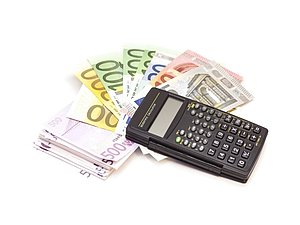Determining the method for assessing the tax base
Event description

Persons liable to self-employment income tax or corporate income tax assess the tax base in one of the following ways:
- by taking into account the actual income and expenses; or
- by taking into account the actual income and flat-rate expenses.
In the case of tax base assessment by taking into account the actual income and flat-rate expenses, taxable persons must notify the tax authority of the amount of flat-rate expenses in due time. This means that the notification must take place within eight days of entry in the official records of the competent authority (in the case of a sole trader, no later than within eight days of entry in the Slovenian Business Register, and for limited liability companies no later than within eight days of entry in the register). Taxable persons may declare the tax base assessment by taking into account the actual amount of income and flat-rate expenses on the forms published on the eDavki portal (Annex 20 to the tax return for legal persons and the Notification Form for self-employed individuals). Tax base assessment by taking into account the actual income and flat-rate expenses means that flat-rate expenses are subtracted from income, generally amounting to 80% of the income, but not more than EUR 40,000 or EUR 80,000. The self-employment income tax is then assessed at a rate of 20% and is deemed final. The corporate income tax is assessed at a rate of 19%.
If a taxable person wishes to change his or her base assessment method at a later stage, he or she may do it in the assessment of personal income tax and self-employment tax or in the corporation tax return.

Did you know?
Self-employed natural persons opt for assessing the tax base according to actual income and flat-rate expenses more frequently than legal entities.
Services & Forms
Natural persons with an activity
- Commencement of the activity SI



